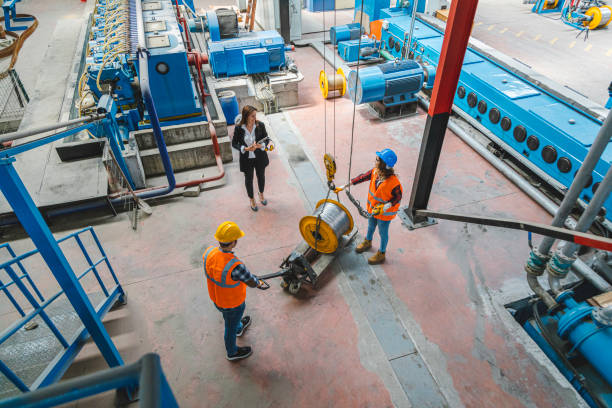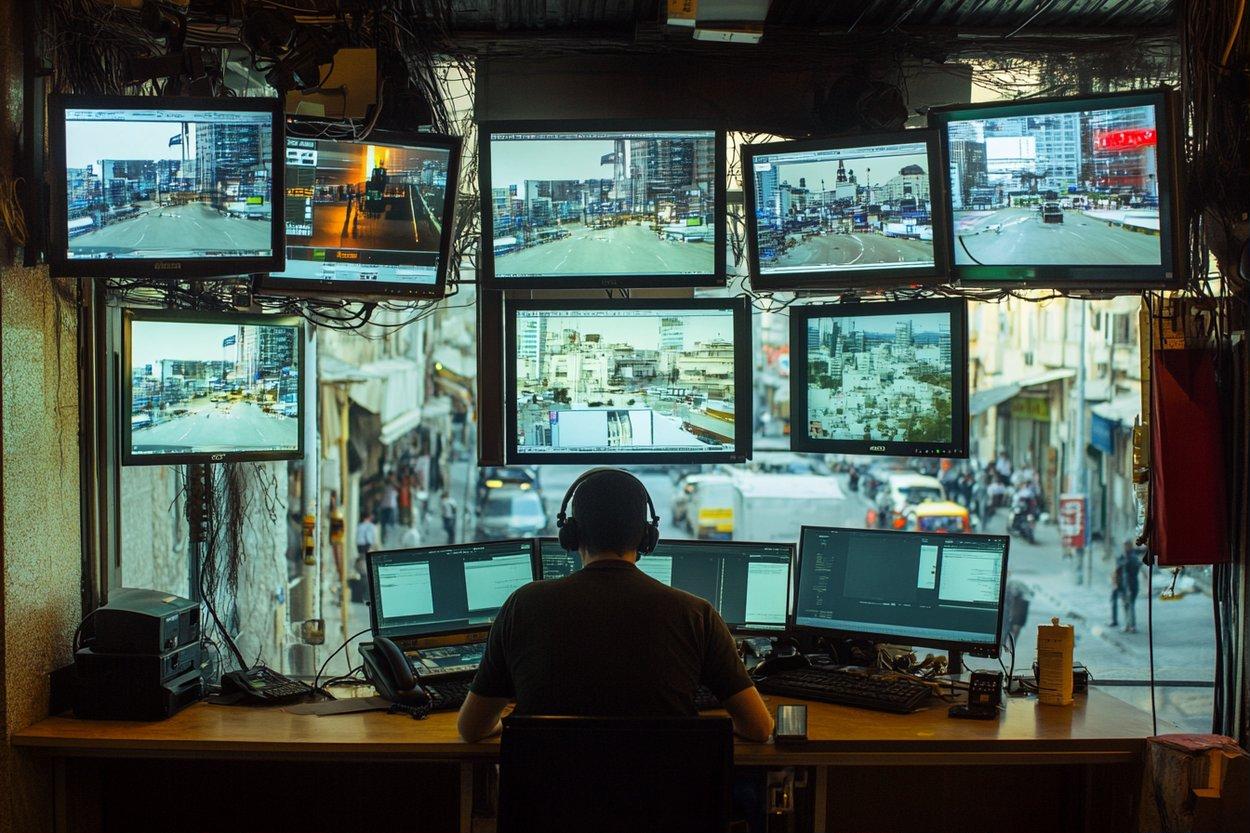Cleaning — a Stable Career with a Future
The cleaning industry has long been regarded as a reliable employment sector, offering consistent demand and diverse opportunities across various settings. From residential homes to corporate offices, healthcare facilities to hospitality venues, cleaning professionals play an essential role in maintaining hygiene and creating welcoming environments. This field provides entry points for newcomers while also rewarding experienced workers with advancement possibilities, flexible scheduling options, and transferable skills that remain valuable throughout one's professional life.

The cleaning profession represents more than just a job—it offers a genuine career path with stability, growth potential, and adaptability across different life stages. As businesses, institutions, and households continue to prioritize cleanliness and sanitation, the demand for skilled cleaning professionals remains strong worldwide. Understanding the various facets of this industry can help individuals make informed decisions about entering or advancing within this field.
How Easy Is It to Start a Career in Cleaning?
Entering the cleaning industry typically requires minimal formal qualifications, making it accessible to a wide range of individuals. Most entry-level positions provide on-the-job training, teaching proper techniques, safety protocols, and the correct use of cleaning equipment and chemicals. Many employers value reliability, attention to detail, and a strong work ethic over previous experience. Some workers begin with residential cleaning services, while others start in commercial settings such as office buildings or retail spaces. Certification programs exist for those interested in specialized areas like carpet cleaning, window washing, or infection control in healthcare environments. These credentials can enhance employability and earning potential. The relatively low barrier to entry makes cleaning an attractive option for career changers, students seeking part-time work, or individuals re-entering the workforce.
What Opportunities Exist for Experienced Professionals?
As cleaning professionals gain experience, numerous advancement opportunities become available. Experienced workers may progress to supervisory roles, overseeing teams and managing cleaning operations for large facilities. Some choose to specialize in high-demand niches such as post-construction cleanup, biohazard remediation, or green cleaning using environmentally friendly products. Others establish their own cleaning businesses, building client bases and managing their own schedules. Large facility management companies often promote from within, offering positions in quality control, training coordination, or contract management. The hospitality and healthcare sectors particularly value experienced cleaning professionals who understand industry-specific standards and regulations. Additionally, expertise in operating specialized equipment or knowledge of advanced cleaning technologies can open doors to technical roles or equipment sales positions within the industry.
Work Organization, Scheduling, and International Differences
Cleaning work offers considerable flexibility in terms of scheduling and work arrangements. Many positions accommodate various lifestyle needs, with options for full-time, part-time, evening, or weekend shifts. Residential cleaners often set their own schedules, while commercial cleaners may work during off-hours to avoid disrupting business operations. Some professionals prefer the consistency of regular employment with established companies, while others enjoy the autonomy of freelance or contract work. Internationally, the cleaning industry shows interesting variations. European countries often have stronger labor protections and standardized training programs for cleaning professionals. Scandinavian nations particularly emphasize professional development and fair wages within the sector. In contrast, some regions rely more heavily on informal employment arrangements. Cultural attitudes toward cleaning work also differ, with some societies placing higher value on the profession than others. Understanding these differences can be valuable for those considering international employment or studying best practices from various markets.
Example of Career Progression
A typical career progression in the cleaning industry might follow this pattern: An individual starts as a general cleaner, learning fundamental skills and building reliability over six months to two years. With proven competence, they may advance to senior cleaner, taking on more complex tasks or specialized areas within three to five years. After gaining supervisory experience, they could become a team leader or shift supervisor, managing small groups and coordinating daily operations. With further development, positions such as site manager or area supervisor become attainable, overseeing multiple locations or larger facilities. Some professionals eventually reach operations manager roles, handling contracts, budgets, and strategic planning for cleaning services across entire organizations. Others leverage their industry knowledge to become consultants, trainers, or business owners. This progression demonstrates how dedication and skill development can transform an entry-level position into a substantial career with increasing responsibility and compensation.
Work Satisfaction and Transferable Skills
Many cleaning professionals report high job satisfaction stemming from visible results, physical activity, and the knowledge that their work directly contributes to health and wellbeing. The tangible nature of cleaning work provides immediate feedback and a sense of accomplishment that desk-based roles may lack. Additionally, the profession develops numerous transferable skills valuable in other contexts. Time management abilities improve through balancing multiple tasks and meeting deadlines. Attention to detail becomes second nature when ensuring thorough cleaning standards. Customer service skills develop through client interactions and addressing specific needs. Problem-solving capabilities grow as workers tackle various cleaning challenges and adapt techniques to different environments. Physical stamina and efficiency in movement translate to other labor-intensive fields. Organizational skills strengthen through inventory management and supply coordination. These competencies remain valuable whether individuals continue in cleaning, transition to facility management, move into hospitality, or pursue entirely different career paths. The cleaning profession thus serves not only as a stable employment option but also as a foundation for broader professional development.
The cleaning industry continues to evolve with technological advances, increased emphasis on sustainability, and growing recognition of its essential nature. For those seeking stable employment with flexible options and clear advancement pathways, cleaning offers a practical and rewarding career choice. The combination of accessibility, skill development, and consistent demand positions this field as a viable long-term profession rather than merely a temporary job. Whether as a stepping stone or a lifelong career, cleaning work provides opportunities for individuals at various stages of their professional journeys.




